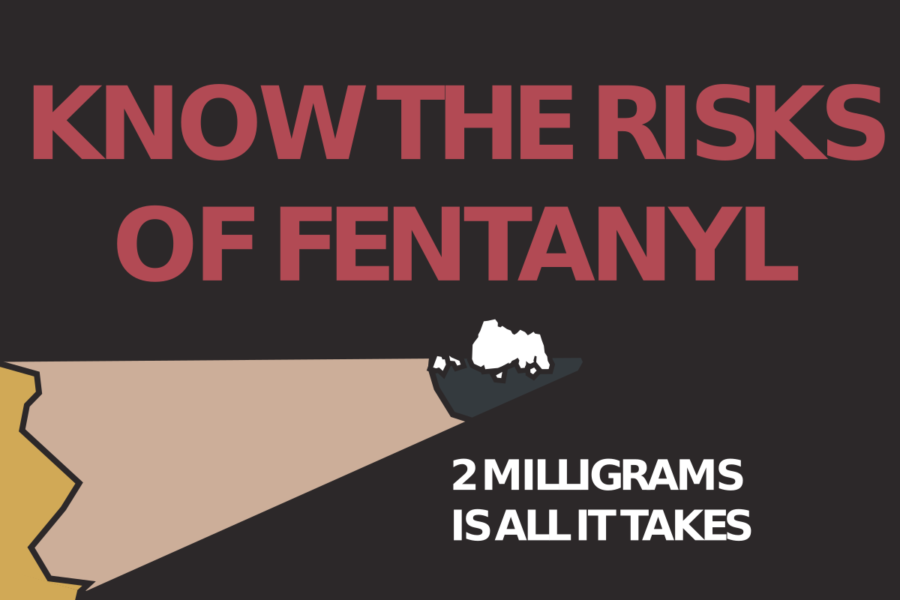When people hear the word insomnia, they usually conjure up an image of a wide-eyed man desperately trying- and failing- to fall asleep. But a large amount of insomniacs get either a few hours of sleep or perhaps even the recommended 8 hours per night- the difference between an insomniac and a normal sleeper rests in the quality of those hours of sleep.
Primary Versus Secondary
Primary insomnia is the type of insomnia most people imagine when they hear the word- it is simply the inability to achieve a restful night’s sleep or sustain one for no apparent reason, medical or otherwise. Secondary insomnia can get more complicated, as it can be brought on by a medical condition (such as depression or chronic pain), recent drug or alcohol use/abuse or even acute stress.
Like Matti Martinez, sophomore, said, “Sometimes it’s like I’m extremely tired but I can’t sleep at all, and other times it’s the opposite.”
Although their causes are different, primary and secondary insomnia carry the same symptoms and tell-tale signs. Besides the obvious (difficulty falling asleep or maintaining sleep), symptoms of insomnia can include a sort of chronic tiredness, irritability, memory problems and can effect concentration profoundly. Other signs that someone may be an insomniac may go unnoticed- tossing and turning at night, waking up often during sleep (constantly “getting a sip of water”) and waking up abnormally tired daily.
Acute Versus Chronic
There are two words that can be placed before primary and secondary insomnia that can help an insomniac know what they are dealing with- acute and chronic.
Acute insomnia is usually caused by stress, discomfort, illness or jetlag- put simply, acute insomnia is caused by agitating stimuli in a person’s life that they aren’t, or cant, cope well with. Chronic insomnia is often caused by more long-term conditions such as an anxiety disorder or depression, but can also be caused by chronic pain during the night.
This may seem repetitive, as acute insomnia resembles secondary insomnia and chronic insomnia, primary- but they are important when it comes to diagnosing insomnia. Someone who can sleep well most of the time but goes through sleep problems that can last for days or even weeks during times of stress will need to be treated differently than someone who has had lifelong sleep problems that are independent of that person’s current situation.
Treatment
While there are over the counter medications to combat insomnia, the safest bet for a person who believes their sleep problems are serious or interfering with their life is the help of medical professionals. While a family doctor can prescribe sleep medications, another avenue to investigate is visiting a sleep specialist, who will usually have a patient keep a sleep journal and corresponding emotion journal that they will then analyze.
Some treatments include prescription medications such as Halcion, Lunesta or Ambien, but doctors will also include information on healthy eating and daily exercise, two non-medicinal actions that have been shown to help stave off insomnia to some degree.
Acute primary insomnia, chronic secondary insomnia, rebound insomnia- different names and titles for the same disease, but sometimes people forget that Insomnia is a disease, and not just an annoying habit someone needs to control.
“I wake up a couple times a night, and it takes a while for me to fall asleep at all,” Randi Kubiak, sophomore, said. “It really makes me hate sleeping.” Insomnia can increase the severity of already present depression, cause a sort of sleep-deprived insanity and even interfere with the person’s social and emotional life.














